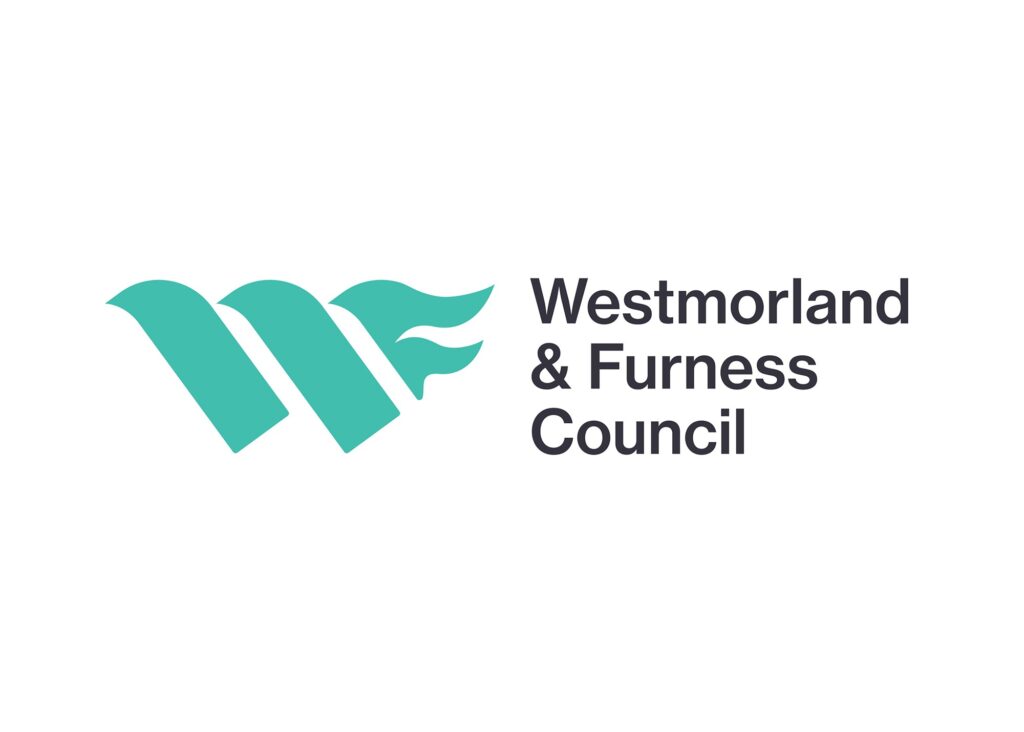Families and carers urged to be aware of the increased risk of bed sores
Written by John Williamson on 20/07/2018
The heatwave that we have been experiencing is a welcome change for many but for others it can cause added difficulties. With temperatures set to increase again health professionals are urging family and friends of older people and of those with limited mobility to be aware of the added risks the heat can bring.
Salli Pilcher, associate director of nursing for Cumbria Partnership NHS Foundation Trust said:
“The hot weather can cause deterioration in some people’s skin condition which can lead to people at risk of developing pressure ulcers or beds sores as they are often called. This is especially true for older people or those with limited mobility.
“Pressure ulcers can happen to anyone, but commonly affect people who are confined to bed or who sit in a chair or wheelchair for long periods of time. They can affect any part of the body that is put under pressure and are most common on bony parts of the body, such as the heels, elbows, hips and base of the spine.
“If you’re in hospital or being cared for at home or in a care home, the nurses and carers will be monitoring your skin and your risk of pressure damage, but it is still important to tell them if you think you are developing symptoms of a pressure ulcer. It will continue to get worse if nothing is done about it.
“If you’re recovering from illness or surgery at home, or are caring for someone confined to bed or a wheelchair, contact your GP surgery if you think you or the person you’re caring for might be developing a pressure ulcer.”
Early symptoms of a pressure ulcer include:
- Part of the skin becoming discoloured – people with pale skin tend to get red patches, while people with dark skin tend to get purple or blue patches
- Discoloured patches not turning white when pressed
- A patch of skin that feels warm, spongy or hard
- Pain or itchiness in the affected area
It can be difficult to completely prevent pressure ulcers, but there are some things that can be done to reduce the risk. These include:
- Regularly changing position – if you’re unable to change position yourself, a relative or carer will need to help you.
- Checking skin every day for early signs and symptoms of pressure ulcers – this will be done by your care team if you’re in a hospital or care home.
- Having a healthy, balanced diet that contains enough protein and a good variety of vitamins and minerals – if you’re concerned about your diet or caring for someone whose diet may be poor, ask your GP or healthcare team for a referral to a dietitian.
- Stopping smoking – smoking makes you more likely to get pressure ulcers because of the damage caused to blood circulation.
- Make sure that you are drinking plenty of water, being hydrated is very important. Get medical advice through your GP or by dialling 111 immediately if there is:
- Red, swollen skin
- Pus coming from the pressure ulcer or wound
- Cold skin and a fast heartbeat
- Severe or worsening pain
- A high temperature (fever) of 38C (100.4F) or above.
These symptoms could be a sign of a serious infection that needs to be treated as soon as possible.







